The Zero Theorem
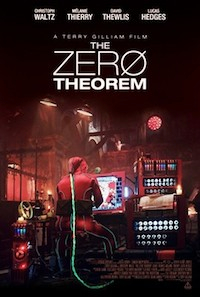
Set in a dystopian world, the most fertile soil for Terry Gilliam’s visionary stories, The Zero Theorem is a movie about the most fundamental of all questions: what is the meaning of life?
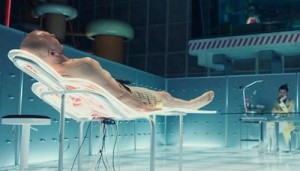 Finding the answer – an answer that no one has – is certainly not Gilliam’s aim; his focus is the different approaches we have to seeking it out. In a not-so-far future Qohen (Christoph Waltz), an eccentric and reclusive computer genius plagued with existential angst, agrees with the Management (Matt Damon) to work from home under the supervision of his line manager Joby (David Thewlis) and the support of an online psychologist (Tilda Swinton).
Finding the answer – an answer that no one has – is certainly not Gilliam’s aim; his focus is the different approaches we have to seeking it out. In a not-so-far future Qohen (Christoph Waltz), an eccentric and reclusive computer genius plagued with existential angst, agrees with the Management (Matt Damon) to work from home under the supervision of his line manager Joby (David Thewlis) and the support of an online psychologist (Tilda Swinton).
Traditional churches have been abandoned – Qohen actually lives in a dilapidated one – and the 1984-style Management watches you with cameras: there’s one in place of Jesus’ head on the crucifix. People interact through virtual reality; even the beautiful sex-worker Bainsley (Mélanie Thierry), sent to cheer him up as he works remotely, wants to have intercourse digitally.
Terry Gilliam believes this is already our world, and describes it with sarcasm and irony. The production design is eye-catching and intentionally complicated, the cinematography unique: the director claims it to be a “world-first”, a “one-size-fits-all full-screen semi-vinyl motion picture” (vinyl because it’s shot on film; semi because it has CGI elements; full-screen because you see the full frame with all the “dirtiness” of a film that is usually removed, such as the edge of the gate, which is included to show the rounded corners; fits-all because it’s in six by nine so any device/screen can show it the same way).
The Zero Theorem is a very interesting movie that both suffers and gains from a very tight budget. The all-shaven Christoph Waltz is fantastic in the bizarre role of Qohen.
Filippo L’Astorina, the Editor
The Zhero Theorem is released nationwide on 14th March 2014.
Watch the trailer for The Zero Theorem here:

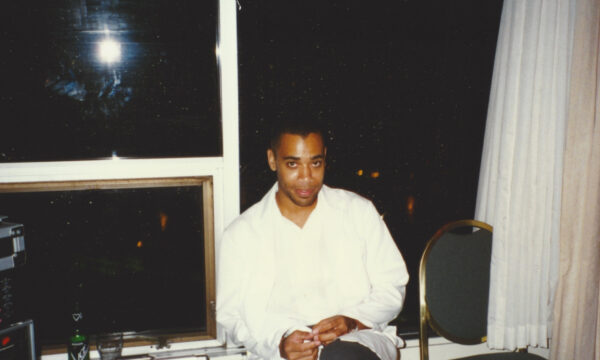
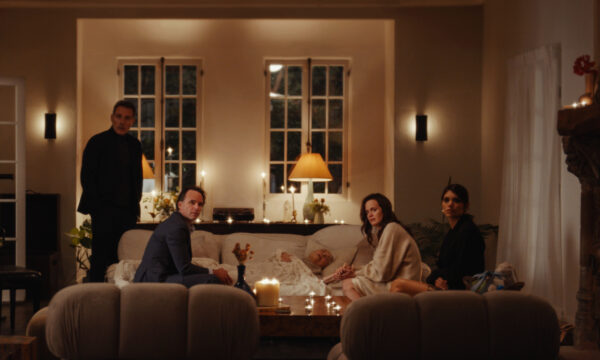

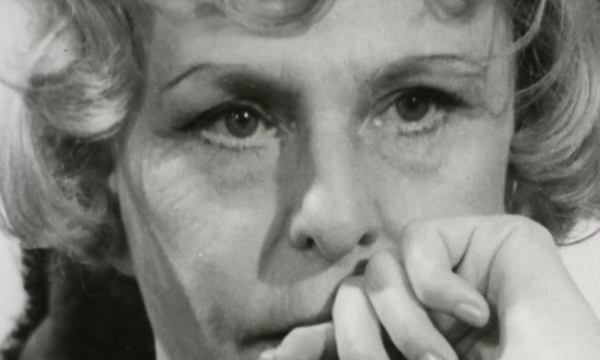




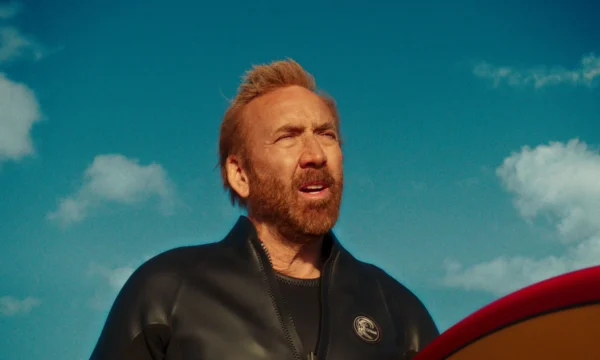





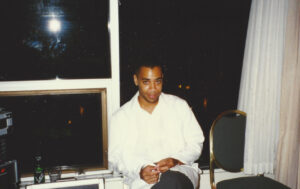



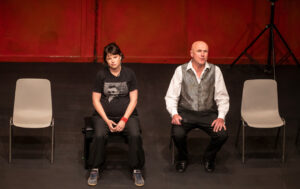





Facebook
Twitter
Instagram
YouTube
RSS